REPAGLINIDE - ORAL
PHONETIC PRONUNCIATION: (reh-PAGG-lin-ide)
COMMON BRAND NAME(S): Prandin
GENERIC NAME(S): repaglinide
Uses
USES: Repaglinide is used alone or with other medications to control high blood sugar along with a proper diet and exercise program. It is used in people with type 2 diabetes. Controlling high blood sugar helps prevent kidney damage, blindness, nerve problems, loss of limbs, and sexual function problems. Proper control of diabetes may also lessen your risk of a heart attack or stroke. It works by stimulating the body to produce more insulin. Insulin is a natural substance that allows the body to properly use sugar from the diet.
How to use REPAGLINIDE - ORAL
HOW TO USE: Read the Patient Information leaflet if one is available from your pharmacist before you start using repaglinide and each time you get a refill. If you have any questions, consult your doctor or pharmacist. Take this medication by mouth within 30 minutes before each meal as directed by your doctor, usually 2-4 times daily depending on the number of meals. Do not take a dose of medication if you are skipping that meal or if your blood sugar is low. The dosage is based on your medical condition, response to treatment, and other medications you may be taking. Be sure to tell your doctor and pharmacist about all the products you use (including prescription drugs, nonprescription drugs, and herbal products). If you are changing from a different diabetes drug (such as chlorpropamide) to repaglinide, follow your doctor's directions carefully for stopping the old drug and starting this medication. Use this medication regularly as directed by your doctor in order to get the most benefit from it. Carefully follow the medication treatment plan, meal plan, and exercise program your doctor has recommended. Check your blood sugar regularly as directed by your doctor. Keep track of the results, and share them with your doctor. This is very important in order to determine the correct dose. Tell your doctor if your blood sugar measurements are too high or too low. Your treatment plan may need to be changed.
Side Effects
Precautions
Interactions
Overdose
Images
Reviews
Faq for REPAGLINIDE - ORAL
Repaglinide is an oral medication used to control blood sugar levels in individuals with type 2 diabetes.
Repaglinide works by stimulating the release of insulin from the pancreas, which helps to lower blood sugar levels.
The typical starting dose of Repaglinide is usually 0.5 milligrams taken with meals. The dosage may be adjusted based on individual response and blood sugar levels.
Common side effects of Repaglinide may include dizziness, headache, nausea, and weight gain. If you experience any severe side effects, contact your doctor immediately.
Repaglinide can be used alone or in combination with other diabetes medications, such as metformin, as prescribed by your doctor.
It is important to inform your doctor about any liver or kidney problems you may have, as well as any other medications you are taking. Repaglinide should be taken exactly as prescribed and it is crucial to monitor your blood sugar levels regularly.
Yes, Repaglinide can cause low blood sugar. It is important to be aware of the signs and symptoms of low blood sugar and to treat it promptly by consuming a source of glucose, such as fruit juice or glucose tablets.
It is recommended to consult your healthcare provider if you are pregnant or planning to become pregnant while taking Repaglinide. They can help evaluate the benefits and potential risks to determine the best option for managing your diabetes.
It is generally not recommended to consume alcohol while taking Repaglinide as it may increase the risk of low blood sugar. It is important to consult with your healthcare provider regarding alcohol consumption while on this medication.
Disclaimer
IMPORTANT: HOW TO USE THIS INFORMATION: This is a summary and does NOT have all possible information about this product. This information does not assure that this product is safe, effective, or appropriate for you. This information is not individual medical advice and does not substitute for the advice of your health care professional. Always ask your health care professional for complete information about this product and your specific health needs.
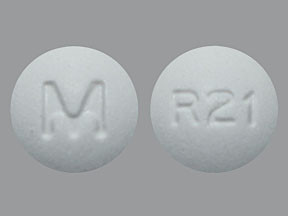
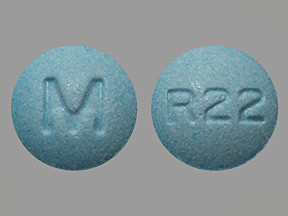
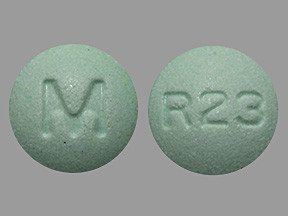
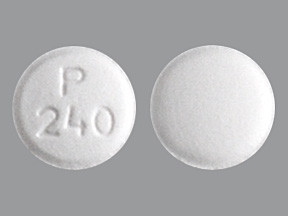
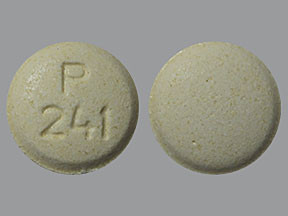
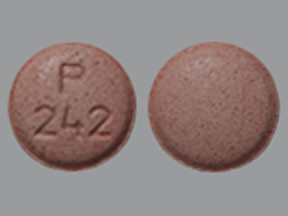
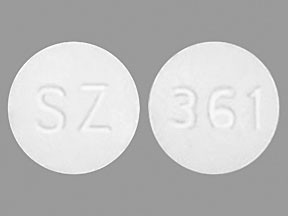
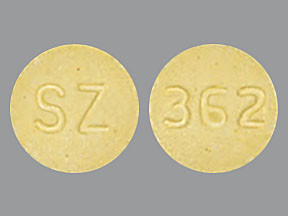
No Reviews Yet